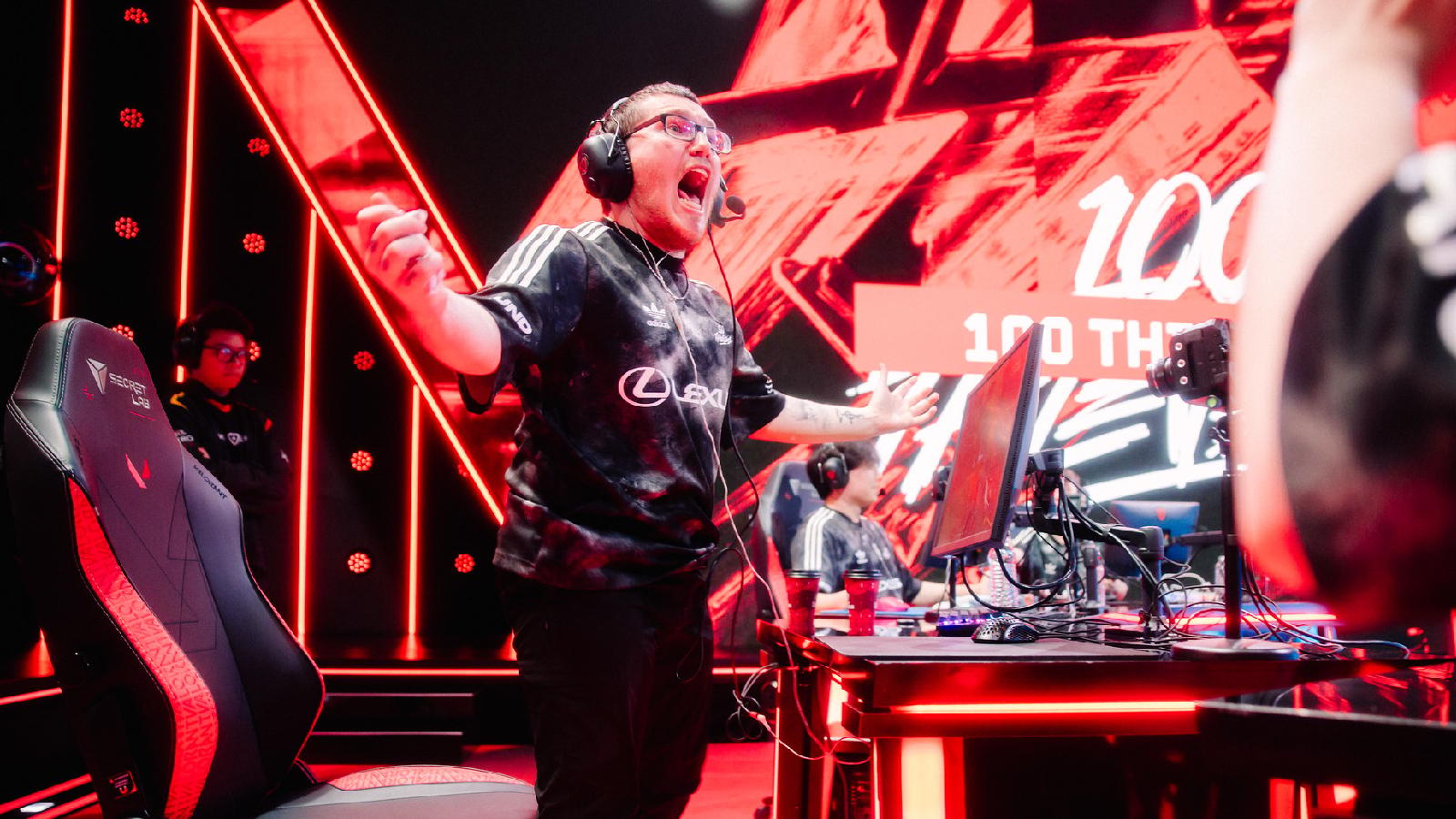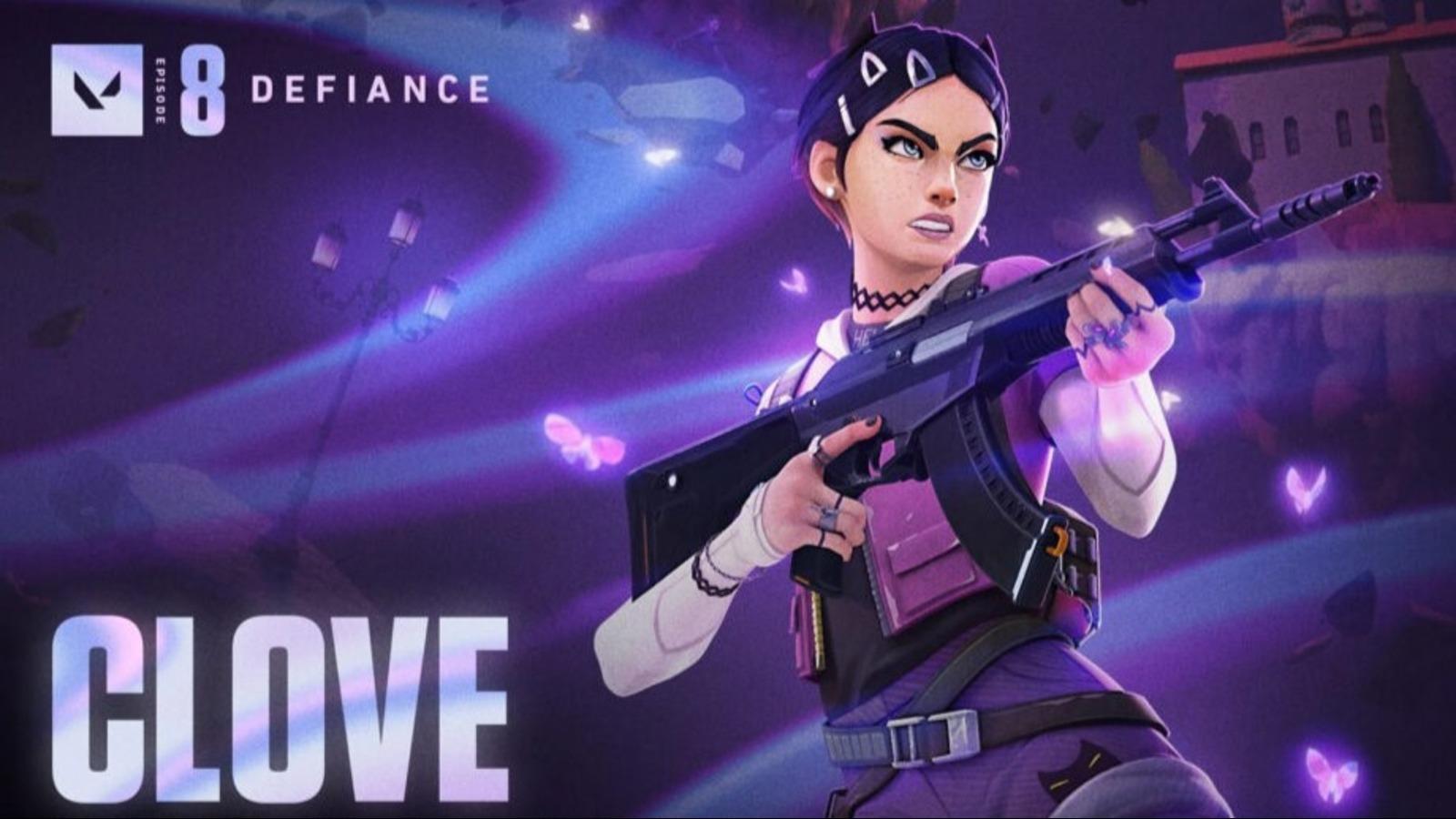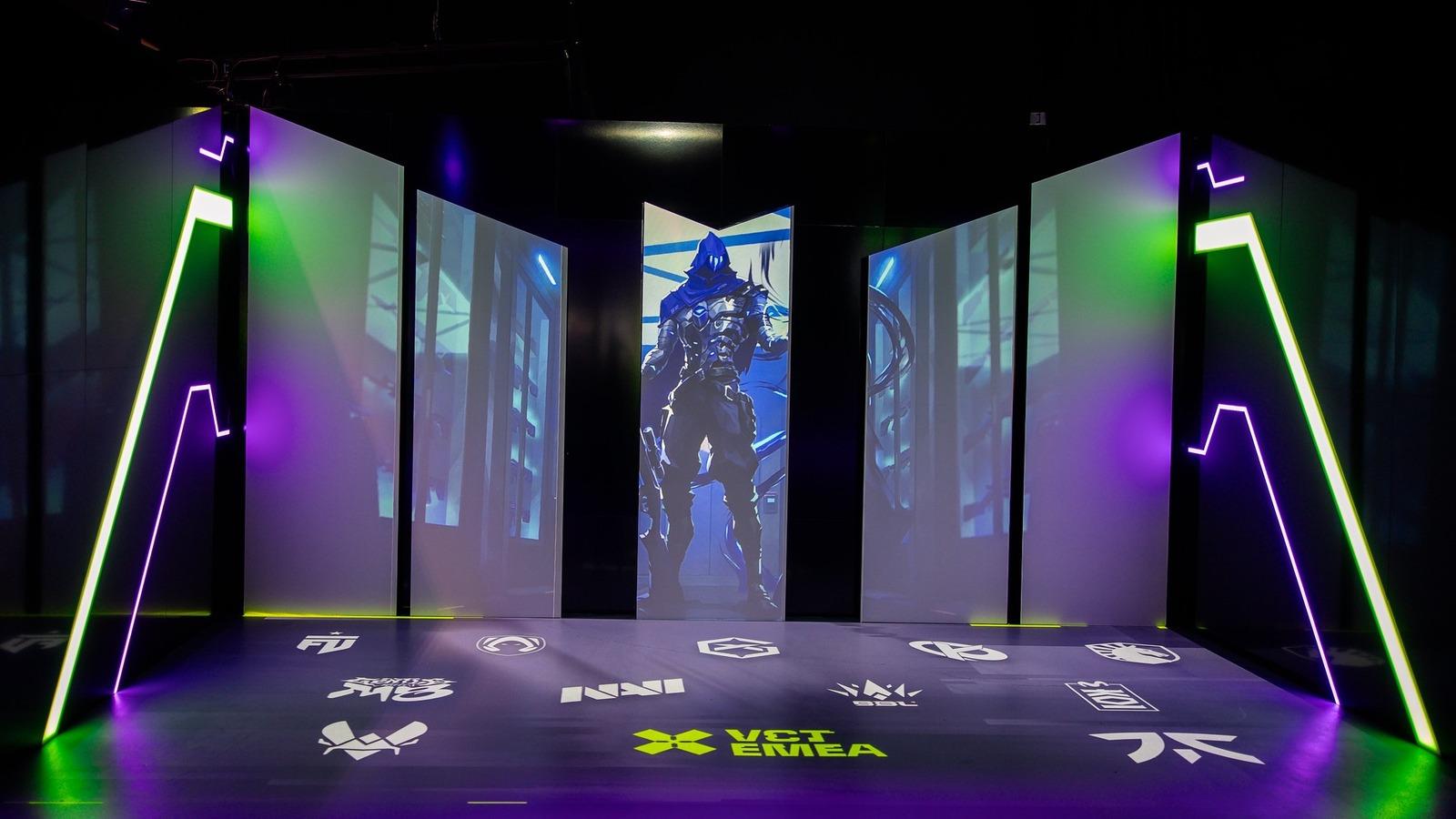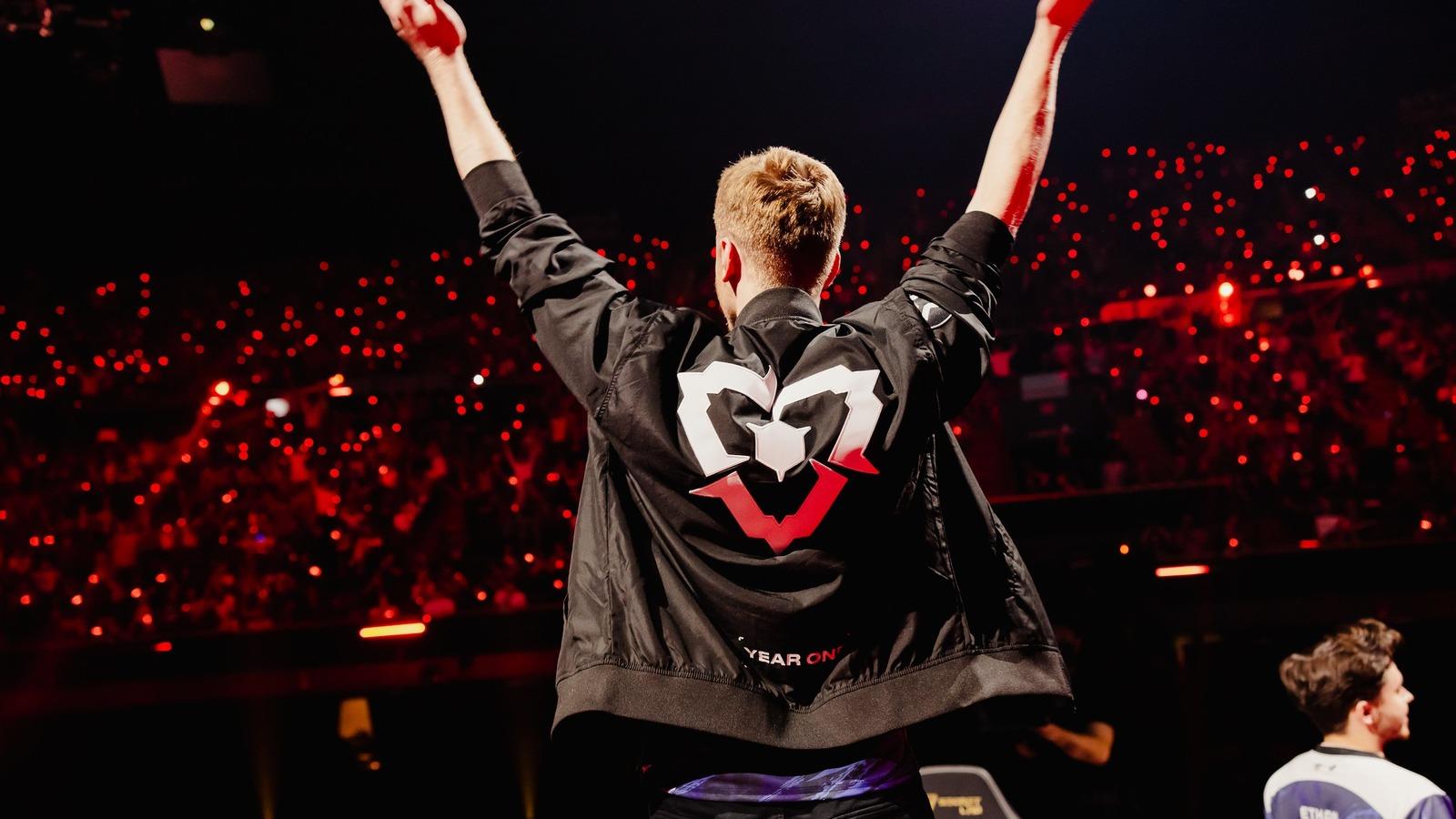Brazil turns to VCT Masters Berlin for redemption after Iceland disappointment
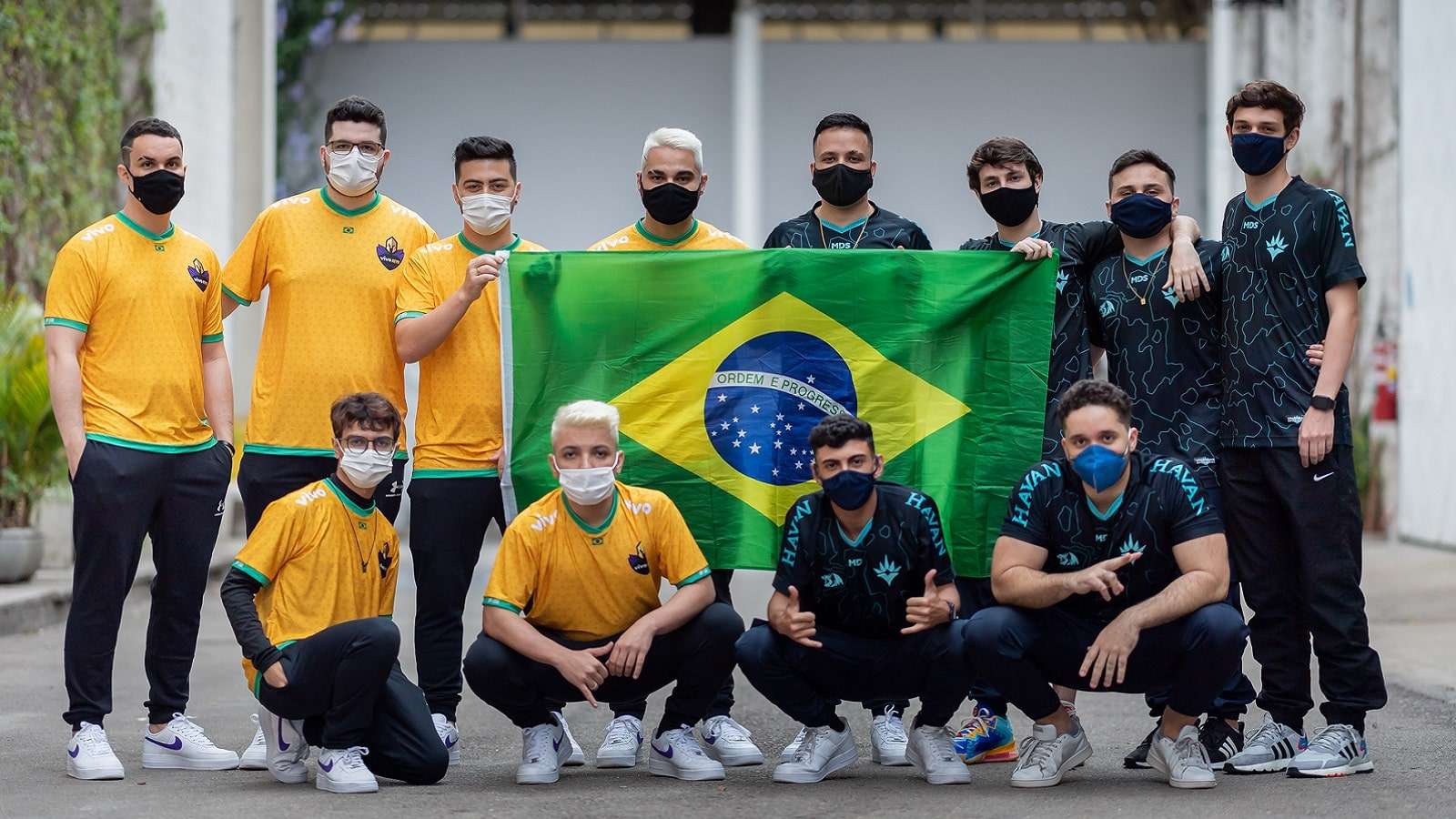 Bruno "Foca" Alvares
Bruno "Foca" AlvaresThe VCT Stage 3 Masters will give Brazilian Valorant a new chance to prove its worth. Why did the region struggle in Reykjavík and what can fans expect for the Berlin event?
As Vivo Keyd and Havan Liberty got their preparations for VCT Masters Berlin underway, they were given a warning by a rival player in Latin America.
“The important thing when you are facing these top teams from other regions is to never be afraid,” Matias ‘Saadhak’ Delipetro wrote on Twitter. “You need to do what you know, without second-guessing, without overthinking.
“These teams punish your mistakes and your doubt really hard.”
Saadhak knows what he is talking about. He is the skipper of Vikings, one of the two Brazilian teams that represented the country at the VCT Stage 2 Masters in Reykjavík.
Heading into the event in Iceland, the first international LAN in Valorant, there were question marks over most teams outside of North America and Europe. Given Brazil’s rich history in other first-person shooter titles, especially Counter-Strike, it didn’t seem to be too farfetched to see Vikings, the country’s top seed, make a deep run.
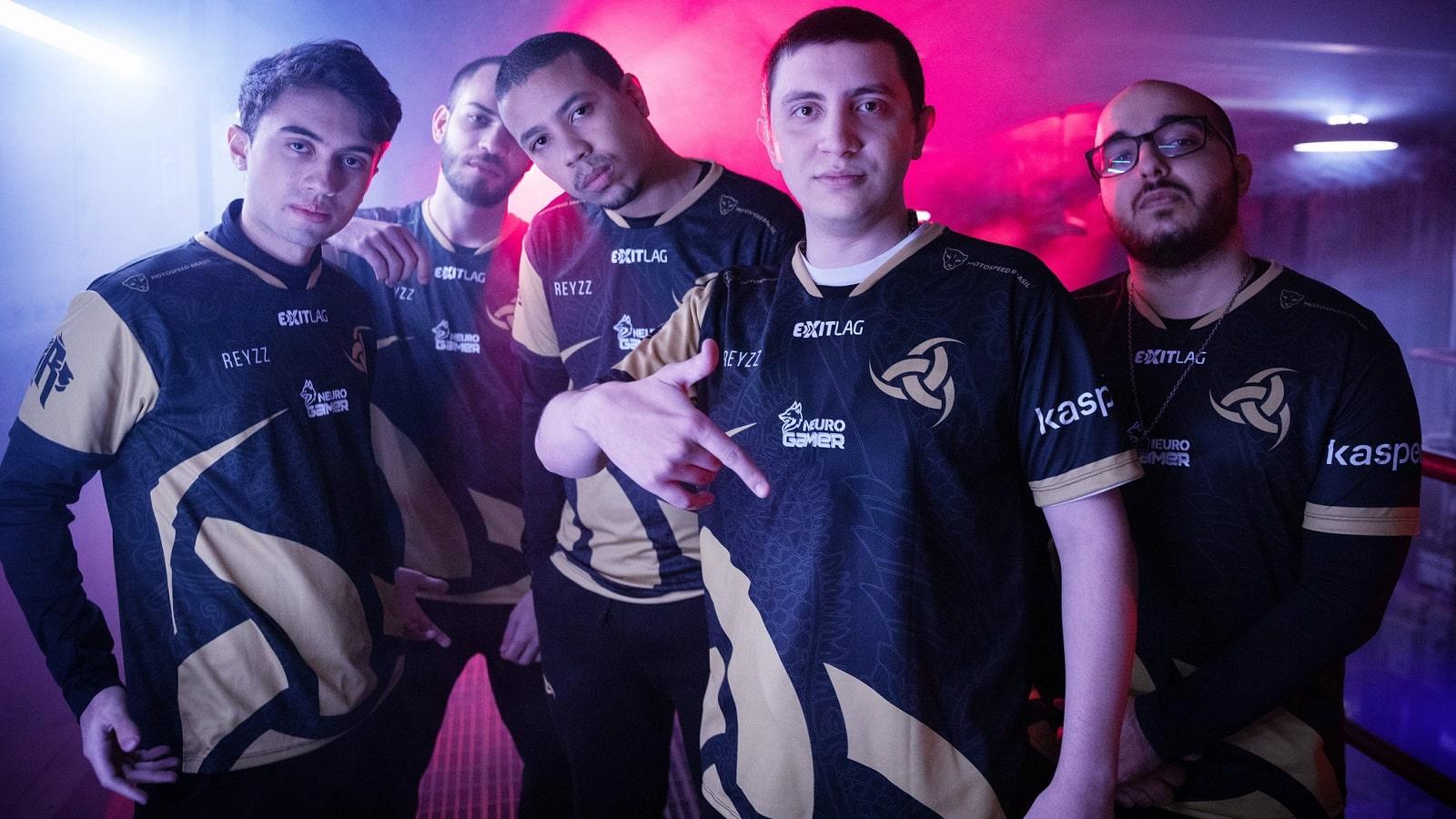 Riot Games
Riot GamesBut as the tournament wore on, it quickly became apparent that Brazil lagged behind most other regions. Sharks crashed out in last place with only one map secured (a 13-5 victory against NUTURN on Haven, by far the South Koreans’ worst map), while Vikings did win a series, against Southeast Asian team X10, but they were then outclassed by Sentinels and Liquid, finishing top six.
“One of Vikings’ biggest problems was that they tried to change the way they played in such a short space of time because of the way that scrims in Europe were going,” Guilherme ‘spacca’ Spacca, a Brazilian analyst and caster, told Dexerto.
“Sacy told me that, since what they were doing in scrims wasn’t working, they tried to change their style instead of trying to adapt to what they were seeing and using the compositions that they had been practicing for two or three months. That brought some insecurity for the tournament.
“Sharks didn’t really enter the server. They couldn’t play or adapt. Perhaps the way they scrimmed wasn’t the best. Gaabxx told me that they lost a lot of scrims, and sometimes that’s really important for the mental aspect. They were really not at the level that was required to compete abroad.”
The main issues
Hélder ‘coachi’ Sancho, Sharks’ CS:GO coach and Valorant manager, was in Iceland with the team and witnessed first hand some of the problems that the Brazilian sides were facing.
“We had discussions with Vikings outside of the hotel and we came to the same conclusion: we were behind in the meta and playing with weaker compositions on almost every map, which made the game much harder against other teams,” coachi explained.
“Brazilians were still in the meta with two duelists, and European teams didn’t play with that composition anymore. They had more resources, were more effective on the offense, and better on the defense.”
An esports veteran with extensive playing and coaching experience in Counter-Strike, coachi believes that Brazil’s struggles in this early stage of competitive Valorant are in part down to the type of players who have transitioned to the game in the country.
CS:GO still lives in the hearts and minds of tens of thousands of esports enthusiasts in Brazil, and none of country’s top teams have suffered from Valorant’s release.
Most players at the top of the food chain in Brazilian Valorant are still taking their first steps in esports. Some of them did enjoy success in other games — like Free Fire, Zula and Point Blank — but the process in Valorant is much more challenging, the road much more arduous and fraught with twists and turns.
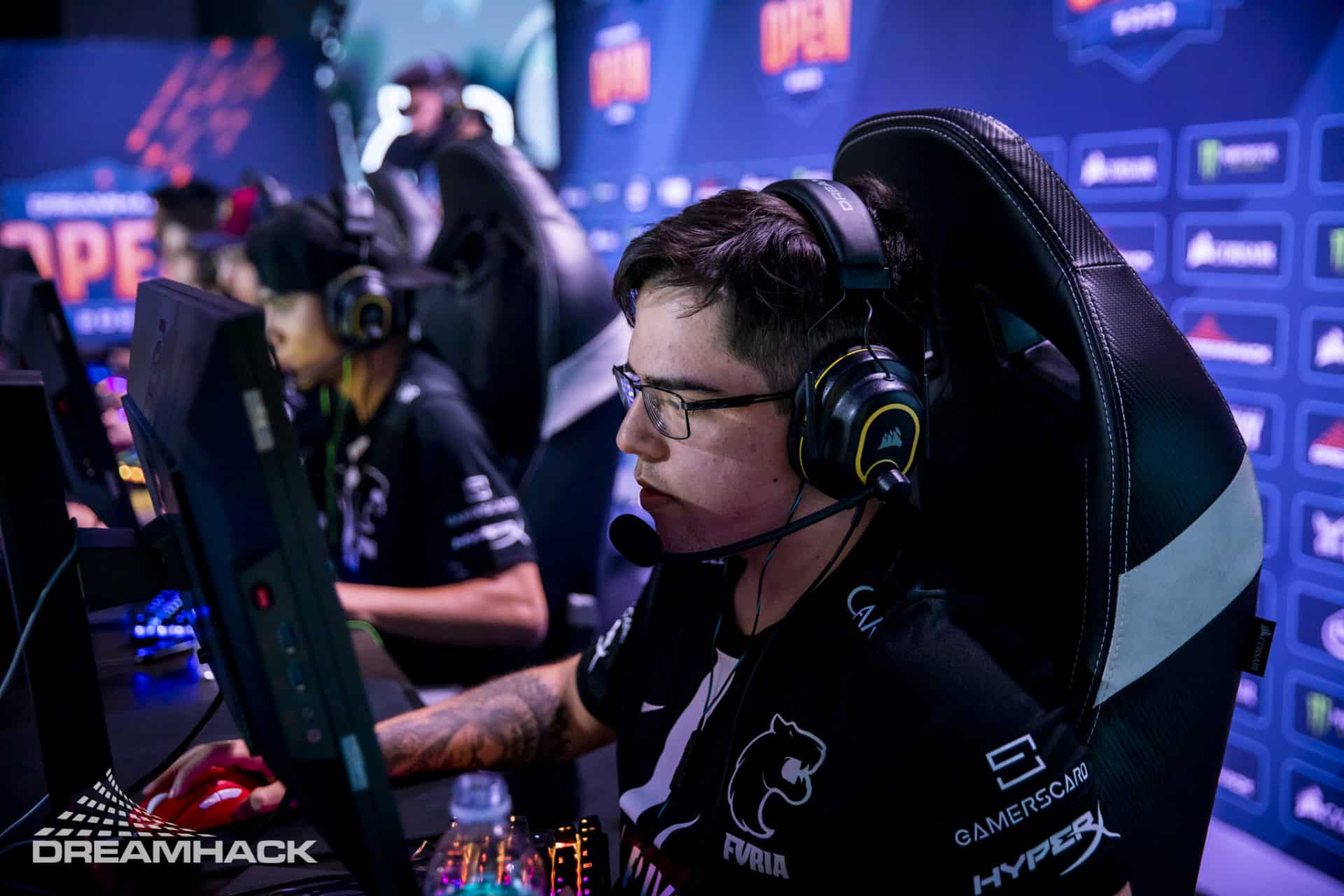 Stephanie Lindgren for DreamHack
Stephanie Lindgren for DreamHack“CS in Brazil is as strong as ever, which resulted in a much smaller migration of more knowledgeable and established players, with more game experience, to Valorant,” he said.
“Most Brazilians don’t have the fundamentals down like players from other regions. Europe and North America have players who used to be professional and play at the highest level. Even the Koreans had solo and peri. The Brazilians are far less experienced.
“We have four players who weren’t professionals before this, who didn’t make a living off esports. prozin and light were world champions in Point Blank but were never professionals in that game. The only one who had been a pro was fra, and he always studied or worked at the same time.
“That makes a huge difference because the tactical aspect is not as solid as on the other teams. They don’t have the experience or the ability to adapt.”
A new hope
The Brazilian contingent for Berlin is as green as the one from Iceland, with one aspect that stands out: the contrasting styles of play between the two teams.
Havan Liberty play a more methodical and controlled style, often with three initiators, and don’t have a Jett star to rely on — which can be a curse as much as a blessing. Vivo Keyd, on the other hand, often look to Olavo ‘heat’ Marcelo for inspiration. The 18-year-old can be referred to as a one-trick pony, having used Jett in the 127 maps that he has on record since he began playing competitively.
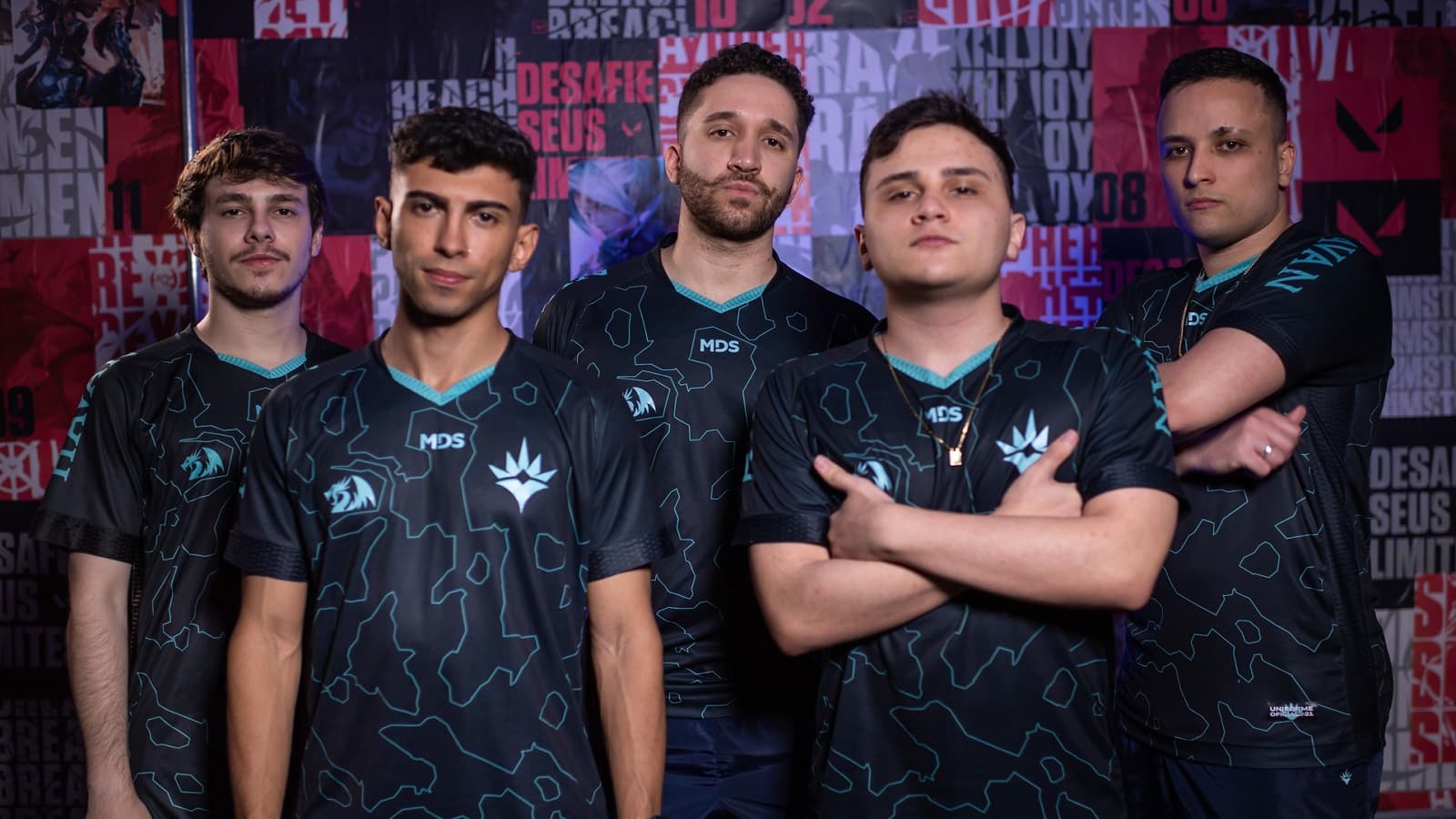 Havan Liberty/Twitter
Havan Liberty/TwitterSpacca, the Brazilian analyst, has no doubt as to which of the two styles can bear more fruit in Berlin.
“Havan Liberty have good chances of doing well because of the way they play,” spacca explained. “They are really good tactically and they have solid aim, so I think they can have better results.
“I think that Vivo Keyd will have a harder team, they rely on heat, who is perhaps the best Brazilian player. He is very good, but what if he dies early in a round? What will the team do?
“They play a very slow style, waiting for heat to make a move. And we know that can be punished really hard. We still haven’t figured out how to counter Jett Operators, so heat ends up getting 30, 35 kills a map. But out there, it’s completely different.”
Questioned about these valid concerns, heat painted a much rosier picture. The Brazilian youngster, who boasted a 1.47 kill/death ratio and a 172 ADR in the Brazil Stage 3 Challengers Playoffs (both tournament highs), played down suggestions that they are a one-man show.
“I agree that they will try to counter my game, but that’s not a problem for us,” heat told Dexerto.
“Everyone knows that we have an aggressive style, but we are very unpredictable. If we use it as well as we did in Brazil it will be hard for opponents to deal with us.”
Not enough quality practice
For all their differences, Vivo Keyd and Havan Liberty have one thing in common: practice in the days that followed the Challengers Playoffs was far from optimal. Havan Liberty had a planned bootcamp in Mexico that ended up not happening, while Vivo Keyd found scrimming time hard to come by before the trip to Berlin.
The quality of practice in Brazil has become something of a recurring theme in the South American country. After Havan Liberty booked a spot in Berlin, head coach Ricardo ‘rik’ Furquim revealed that “50 percent” of the team’s scrims in the days leading up to the match against FURIA had been against female sides while blasting the disrespect and lack of seriousness in the region’s approach to practice.
“Because players might be working or studying, sometimes teams cancel practice at the last minute,” rik told Dexerto. “That really messes up our planning.
“Moreover, players need to have a better mentality. They need to understand that practice is where they try out all kinds of scenarios, that we’re not here to win scrims but championships.
“Our team is living proof of it. We lost a lot of scrims to tier-one teams, but then we got to the tournament and we didn’t lose a single map until the grand final.”
Handling the pressure
Heat and rik both stated that their teams don’t feel the responsibility of erasing the image that Brazil left in Iceland.
But the fact is that there are going to be a lot of eyes on Vivo Keyd and Havan Liberty in this tournament, even if it’s only because there have been suggestions in some quarters that the country doesn’t deserve to send two representatives to international competitions.
SENHORAS E SENHORES!
ESSES SÃO OS NOSSOS GUERREIROS, ESSES SÃO OS NOSSOS CAMPEÕES!Somos os GRANDES CAMPEÕES do #VCT BRASIL! VAMOS PRA BERLIM SEGURANDO A TAÇA!
ISSO É VIVO KEYD, É TRADIÇÃO, NÃO DESACREDITAAAAAAAAAAAA! #GoVK #VKVAL pic.twitter.com/BHEyUtPQD3
— Vivo Keyd | 🇧🇷 #VALORANTMasters Berlin (@VivoKeyd) August 23, 2021
Spacca believes that for Brazil to catch up with the best regions, it is necessary that teams have long bootcamps in Europe or North America. But more important, he said, is that they become regulars on the international stage.
“If we send Vikings to one tournament now, then Havan Liberty, then Gamelanders, we will lose the knowledge that these teams obtain while competing abroad,” he explained.
“Without that frequentness, we will struggle a lot.”
It may take a new generation of Valorant-bred talent for Brazil to reach the top. Only earlier this week, Saadhak, the player who gave Havan Liberty and Vivo Keyd that warning, said that there were players on his team thinking about retiring or transitioning to streaming.
It’s still early days in Valorant history, and everyone — apart from Sentinels, that is — is still trying to find a winning formula. Perhaps in six months or a year, Brazil will be in the conversation to win an international title. After all, it has proven to be one of the best talent factories in all of esports.
For now, though, getting out of groups appears to be the best they can hope for.
Much of Brazil’s hopes and dreams for VCT Masters Berlin are pinned on heat, the rising talent who embraced Valorant when his CS:GO career began to stall.
 Bruno "Foca" Alvares
Bruno "Foca" AlvaresJust like his teammates, Brazilian fans will turn to him hoping that he can deliver moments of magic and prove that the region belongs on the world stage.
The big question on everyone’s mind now is: Are we finally getting to see him on an agent besides Jett?
“Who knows if there won’t be something new?” he said mysteriously.
